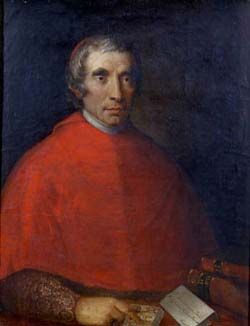
Graham
Cansdale is a professional translator at the European Commission in
Brussels. He is considered fluent in the 14 languages he uses in his
work, but he has studied other languages. Cardinal Giuseppe Mezzofanti
was a linguist who died in 1849; he was said to have known between 40
and 72 languages. Is this even possible?
There are
millions of people, even in the mostly monolingual US, who speak more
than one language at home. Competence in three languages is not unusual,
and we've all heard stories of grandmas and grandpas who had to master
four or five languages on their way from the old country to the new. In
India it is common for people to go about their business every day using
five or six different languages. But what about 10, 20, 30, 100
languages? What's the upper limit on the number of languages a person
can know?
Michael Erard, in his fascinating book Babel No More,
travels around the world in search of hyperpolyglots, people who study
and learn large numbers of languages. He sheds light on the secrets of
their success, and explains why it can be hard to put an exact number on
language knowledge.
Mental_floss introduces us to
seven hyperpolyglots, although how many languages they know depends on
the meaning of "know," as there are different levels of fluency. Of
course, only a polyglot would really understand how different those
levels are.
More
 Graham
Cansdale is a professional translator at the European Commission in
Brussels. He is considered fluent in the 14 languages he uses in his
work, but he has studied other languages. Cardinal Giuseppe Mezzofanti
was a linguist who died in 1849; he was said to have known between 40
and 72 languages. Is this even possible?
Graham
Cansdale is a professional translator at the European Commission in
Brussels. He is considered fluent in the 14 languages he uses in his
work, but he has studied other languages. Cardinal Giuseppe Mezzofanti
was a linguist who died in 1849; he was said to have known between 40
and 72 languages. Is this even possible?
No comments:
Post a Comment